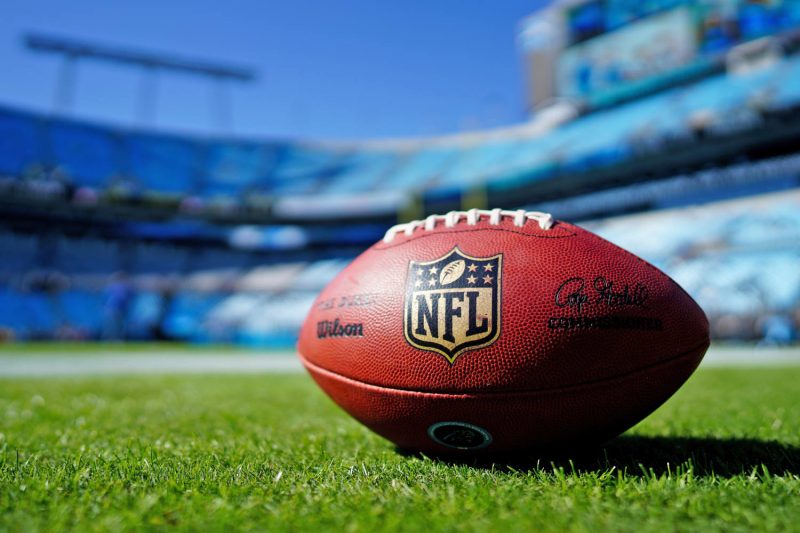NFL Owners Vote in Favor of Private Equity Investment
The National Football League (NFL) made waves recently as team owners voted in favor of allowing private equity firms to invest in team ownership. This decision marks a significant shift in the traditional ownership landscape of the league and has sparked discussions and debates among football fans, financial analysts, and industry insiders.
Private equity firms, known for their expertise in managing and growing investments, have been eyeing opportunities in the sports industry for quite some time. With the NFL being one of the most lucrative and high-profile sports leagues globally, it comes as no surprise that private equity firms are interested in getting a piece of the action.
The vote to allow private equity investment in team ownership was not unanimous among NFL owners. Those in favor of the decision cited potential benefits such as increased liquidity, enhanced financial resources, and expertise in financial management that private equity firms can bring to the table. On the other hand, opponents expressed concerns about the long-term implications of introducing private equity into the league, including potential conflicts of interest and the prioritization of profits over the sport itself.
One of the key arguments in favor of private equity investment is the infusion of capital that can help teams modernize their operations, invest in state-of-the-art facilities, and improve the overall fan experience. With the sports industry becoming increasingly competitive and technology-driven, many teams see private equity as a strategic partner that can provide the necessary resources to stay ahead of the curve.
However, critics argue that private equity’s profit-driven motives may clash with the traditional values and culture of the NFL. They fear that focusing too much on financial returns could compromise the integrity of the game and diminish the league’s emphasis on fair competition and fan engagement. There are also concerns about the potential influence of private equity investors over team decisions, including player personnel moves and coaching staff changes.
Despite the opposing viewpoints, the decision to allow private equity investment in the NFL opens up a new chapter in the league’s history. As teams navigate the complexities of this shift in ownership structure, it will be crucial to strike a balance between leveraging the benefits of private equity expertise and resources while upholding the core values that have made the NFL one of the most popular sports leagues in the world.
It remains to be seen how private equity investment will shape the future of the NFL and whether the potential benefits will outweigh the risks and challenges that come with this new ownership model. As the league continues to evolve in a rapidly changing sports landscape, stakeholders will be closely monitoring the impact of private equity involvement on team operations, fan experiences, and the overall dynamics of the NFL ecosystem. Time will tell whether this decision proves to be a game-changer or a cautionary tale for the iconic league.
